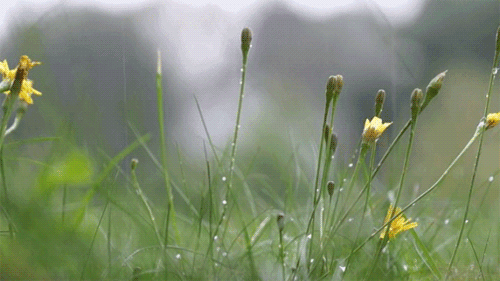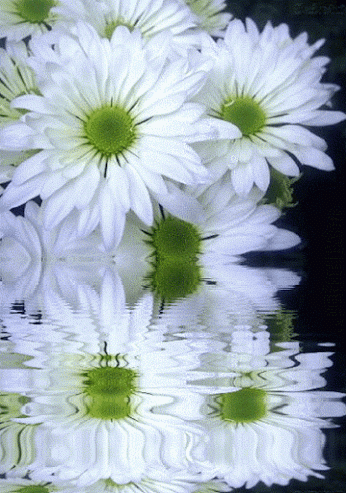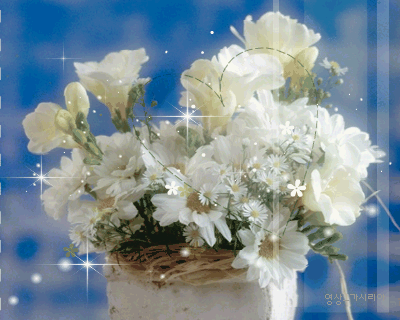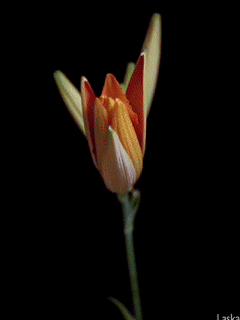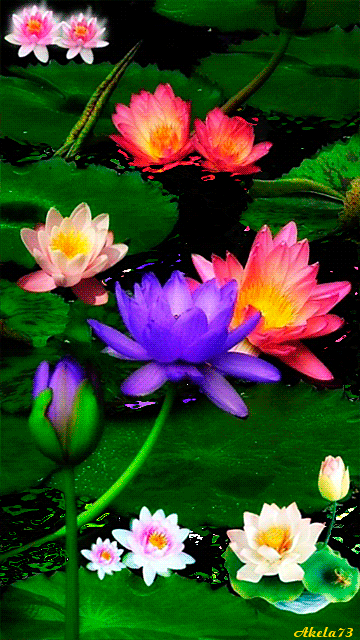-
Comment June 22, 2017
-
To become free…
Comment June 22, 2017I used to think that to become free you had to practice like a samurai warrior, but now I understand that you have to practice like a devoted mother of a newborn child. It takes the same energy but has a completely different quality. It’s compassion and presence rather than having to defeat the enemy in battle. ~Jack Kornfield
-
The emotional wisdom of the heart is simple
Comment June 21, 2017The emotional wisdom of the heart is simple. When we accept our human feelings, a remarkable transformation occurs. Tenderness and wisdom arise naturally and spontaneously. Where we once sought strength over others, now our strength becomes our own; where we once sought to defend ourselves, we laugh. ~Jack Kornfield
-
Who is your protector?
Comment June 21, 2017by 17th Karmapa
We tend to think of the Buddha as someone with great powers – a kind of Superman with superpowers who will come to protect us and save us when something terrible happens. But who is the real superhero? You are. Superman is not the Buddha. You are. Who is your protector? You are. What is your greatest power? It is the power of your noble motivations. Karmic cause and effect teaches us that each one of us is a person with tremendous power to change the world. Therefore, you should value yourself and trust in your own abilities. This is a key point in order to be able to take up great responsibilities, through your noble aims and intentions.
For this reason, we should not always be expecting something outside ourselves to intervene, as if we were entreating the buddhas and bodhisattvas, “Please bless me so that good things happen to me.” We make continual requests to the teacher or lama to grant us their blessings. But sometimes the lama’s battery is finished! So many people want to recharge from the lama that even the biggest battery can run down. There are also people who did something good in the past and now expect something good to be done to them.
I think it is very important not just to wait for the external buddhas and teachers. We also need to understand that we have an inner Buddha or an inner teacher. That means we need to be the ones who make the effort. We need to create the opportunities, or produce the good energy, without always waiting for someone to arrive and intervene from the outside. I think it is very important to produce this by yourself, because, actually, you are the Buddha. Not such an effective buddha, perhaps, but… a buddha, a small Buddha. Our Buddha is like a child, not yet grown up enough to do more, so we need to nurture our inner Buddha, our child Buddha.
-
Letting go is not the same as aversion
Comment June 19, 2017Letting go is not the same as aversion, struggling to get rid of something. We cannot genuinely let go of what we resist. What we resist and fear secretly follows us even as we push it away. To let go of fear or trauma, we need to acknowledge just how it is. We need to feel it fully and accept that it is so. It is as it is. Letting go begins with letting be. ~Jack Kornfield
-
When hate is gone
Comment June 19, 2017 -
Live in joy, luminosity, and peace
Comment June 19, 2017 -
The Story of Theri Uppalavanna
Comment June 19, 2017Verse 69: As long as the evil deed does not bear fruit, the fool thinks it is sweet like honey; but when his evil deed does bear fruit, the fool suffers for it.
The Story of Theri Uppalavanna
While residing at the Jetavana monastery, the Buddha uttered Verse (69) of this book, with reference to Theri Uppalavanna.
Once there was a young daughter of a rich man in Savatthi. Because she was so beautiful, with looks so tender and sweet, like a blue lotus flower, she was called “Uppalavanna”, the blue lotus. The fame of her beauty spread far and wide and there were many suitors: princes, rich men and many others. But she decided that it would be better for her to become a bhikkhuni, a female member of the Buddhist Order. One day, after lighting a lamp, she kept her mind fixed on the flame and meditating on the fire kasina (object of concentration) she soon achieved Magga Insight and finally attained arahatship.
Some time later, she moved to the ‘Dark Forest’ (Andhavana) and lived in solitude. While Theri Uppalavanna was out on her alms-round, Nanda, the son of her uncle, came to her monastery and hid himself underneath her couch. Nanda had fallen in love with Uppalavanna before she became a bhikkhuni; his intention obviously was to take her by force. When Uppalavanna returned she saw Nanda and said, “You fool! Do no harm, do not molest.” But he would not be stopped. After satisfying himself, he left her. As soon as he stepped on the ground, the earth opened wide and he was swallowed up.
Hearing about this, the Buddha spoke in verse as follows:
Verse 69: As long as the evil deed does not bear fruit, the fool thinks it is sweet like honey; but when his evil deed does bear fruit, the fool suffers for it.At the end of the discourse, many attained Sotapatti Fruition.
The Buddha next sent for King Pasenadi of Kosala and told him about the dangers that bhikkhunis living in forests had to face from irresponsible persons obsessed with sex. The king then promised to build monasteries for bhikkhunis only in towns or close to the towns.
Dhammapada Verse 69
Uppalavannattheri VatthuMadhumva mannati balo
yava papam na paccati
yada ca paccati papam
atha dukkham nigacchati.Source: Tipitaka
-
Inner freedom is key
Comment June 16, 2017by 17th Karmapa
Freedom does not start from the outside. Although external conditions have a part to play, that is not where freedom originates. This might sound backward, but authentic freedom arises initially from inner conditions. Its deepest roots are within us.
Most often when we speak of freedom, what we actually have in mind are freedom’s outer manifestations. This may be the gravest error we make in our understanding of freedom. If we think we will achieve freedom when we can exercise complete control over our immediate environment, we overlook the single most important determinant of authentic freedom: our own minds.
Our mind has unlimited potential. It is not bound to any one position or viewpoint. What we think or feel — our mental state — is not simply determined by outer circumstances. Because of this, no matter how challenging our external conditions might be, we can experience freedom if we cultivate the inner resources that allow us to feel free. The basis for establishing authentic freedom is within us.
If you can access a sense of inner freedom no matter what is going on around you, you are experiencing freedom. As important as outer liberties are, freedom does not consist solely in enjoying physical or verbal liberty, such as freedom of movement or freedom of speech. We may have the liberty to do and say as we wish and yet still be deeply unfree mentally or emotionally. This is why inner freedom is key. When we have freed our minds and hearts from within, our happiness no longer depends on making the rest of the world serve our self-centered goals. Not only that, we gain freedom to work to change the external conditions that have the potential to limit or obstruct our freedom from outside, and we also have what we need to be able to work for the freedom of others.
What are we looking for when we seek freedom? Maybe at the bottom of it all, the freedom we seek is the experience of genuine happiness. Since this is an inner experience, external things cannot be the measure of our happiness or our freedom. We will come back in a moment to the question of what we mean by happiness and how it enables us to experience freedom, but I think if we examine our own experiences, we can see that whether we call it freedom or not, if we feel free, we feel happy, and if we feel happy, we also feel free. The state of mind and the feeling we seek can be called freedom, or it can be called happiness. But whatever name we give it, if we want to experience happiness or freedom, we must cultivate the inner conditions that give rise to those states.
-
Open-minded
Comment June 16, 2017My own way of thinking is that when we are meeting with angry or stubborn people, we should bring even greater understanding to bear. The more closed-minded or hardheaded someone seems, the more reason there is for us to be open-minded and gentle when interacting with them. We can recognize how difficult and painful it is to live with anger or narrow views, and this allows us to feel compassion for them. ~ 17th Karmapa


